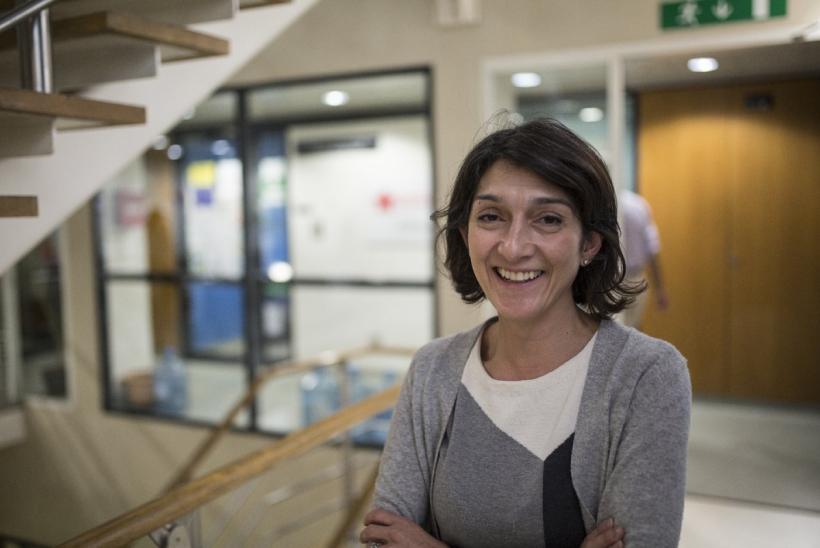Celebrating Women in Science: A conversation with Dr Sara Ghorashian
This International Day of Women and Girls in Science, we are honoured to speak with Dr Sara Ghorashian, a Consultant Paediatric Haematologist at Great Ormond Street Hospital (GOSH) and Honorary Associate Professor at University College London (UCL). In this conversation, Dr Ghorashian shares insights into her career path, challenges and the groundbreaking research she is leading, and her advice for young girls aspiring to enter the world of science and medicine.
Dr Sara Ghorashian is a leading expert in complex paediatric haematology, balancing both clinical work and cutting-edge research. She is at the forefront of a new clinical trial exploring innovative CAR T-cell therapy for children with aggressive blood cancers, aiming to transform treatment approaches. With a deep commitment to patient care and medical advancements, she is dedicated to improving outcomes for children worldwide.
What inspired you to become a Consultant Haematologist and pursue a career in medical research?
I loved that haematologists make diagnoses as well as treat them, so there is a close link to the lab. The field of haematology in the UK was very forward-thinking in terms of embracing systematic clinical trials on a national basis and this commitment to evidenced- based medicine was very refreshing at the time that the latter was a nascent field in medicine. One of the first successful examples of using targeted therapy to treat cancer was the use of imatinib for chronic myeloid leukaemia which was groundbreaking at the time, and finally, my grandmother was diagnosed with a haematological malignancy when I was a medical student. She had a very dedicated consultant look after her and I remember being grateful for that care and input.
How do you balance your roles as a Consultant Haematologist at GOSH and an Honorary Associate Professor at UCL?
This is a huge challenge - to achieve a full-time clinical post and the commitments this brings as well as to try to manage a research group bringing novel treatments to the clinic. One can’t control the workflows so commitments bunch up like buses, and it can sometimes feel overwhelming. I’m lucky to have a very supportive team and colleagues who are similarly working at two coal faces as clinicians with active research portfolios which helps enormously.
Can you share insights about the new clinical trial you're leading for children with aggressive blood cancer?
It's an exciting new therapy which will hopefully mean we can treat a new form of leukaemia with CAR-T cells without patients having to proceed to stem cell transplantation as part of the therapy. The ability to deliver a study alongside an adult cohort receiving the same treatment will hopefully provide a basis for similar clinical trial designs rather than first in human trials being restricted to separate adult and paediatric cohorts.
What challenges have you faced in your career, and how did you overcome them?
This question doesn't have a quick answer! So many challenges, over my nearly 30-year career and medicine and the world has changed so much over this time. I'd say the main theme is that a strong family and friend network is the foundation of resilience in your professional life, and that good mentors and role models are endless source of support and inspiration, so to try and equip yourself well, invest time in developing these pillars in your life .
What advice do you have for young girls aspiring to enter the field of science and medicine?
Build the world you want for you and your loved ones to be a part of, without constraint but play to your strengths, not those of others. (Cut yourself a bit of slack if you find that you are your hardest critic, there will be plenty others who will be free with their criticisms and we are all only human.)


